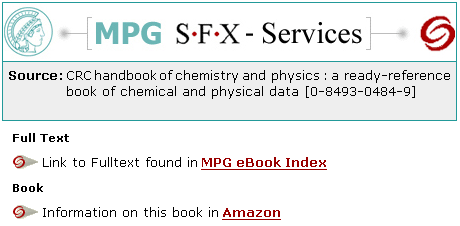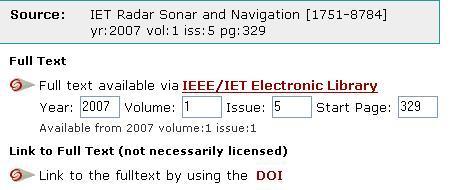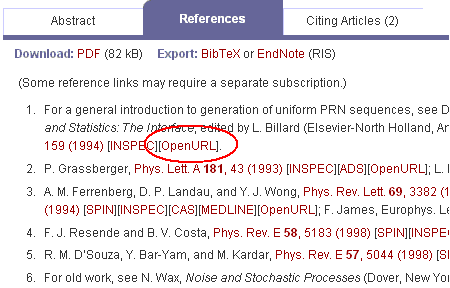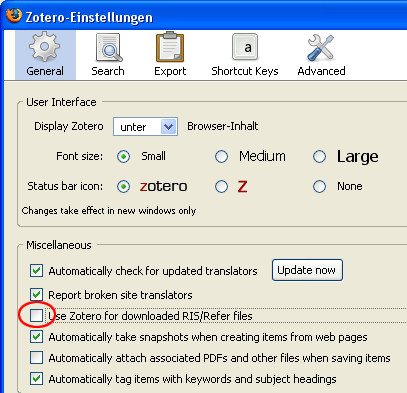Electronic books (e-books) became more common in the last year and the MPG licensed a range of e-Book collections recently, e.g. Oxford Reference Online and Olms Online. It is a pleasure to watch how users from MPG can access a growing amount of digital resources, but the administration of e-books puts a high burden on the MPG/SFX link resolver. Why? While the number of e-journals is limited (and quite stable within this limit), the e-books collection is expected to grow constantly. In fact, an analysis of the SFX knowledge base (provided by ExLibris) shows that e-books are very badly represented in it.
At the same time, some colleagues in the MPDL build up the MPG eBooks index. This catalog was released some weeks ago and is envisioned to include all electronic books available to users in the MPG. There is no need to duplicate the effort and therefore we decided not to activate e-books directly in the SFX knowledge base, but to use the eBooks catalog instead. That is how it looks like:

Example URL: http://tinyurl.sfx.mpg.de/3y64
Clicking on the link "MPG eBooks Index" will directly link you to the homepage of the corresponding e-book. The implementation is actually quite complex, e.g. it uses OCLC’s xISBN service to improve the hit rate. Feel free to submit any thought or comment on it.
Update: We finally managed to provide a detailed documentation in our project wiki.






